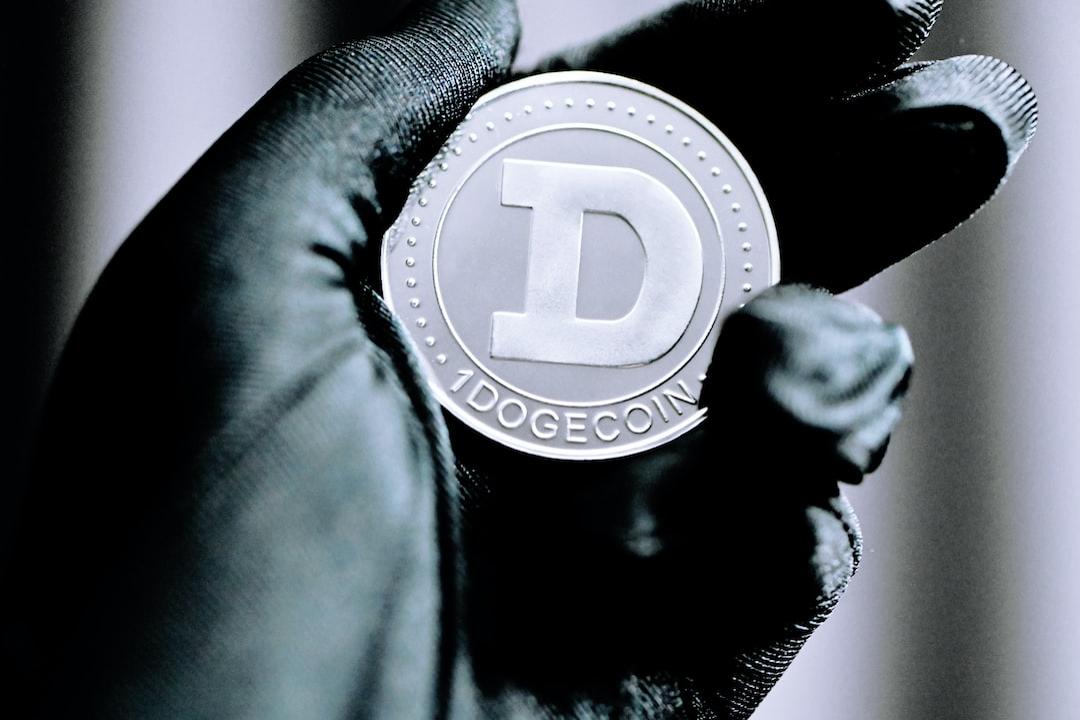Key Takeaways
Despite a 4% drop in Bitcoin’s price, BlackRock’s Bitcoin ETF attracted $318 million in net inflows.
The recent growth of IBIT has contributed to US spot Bitcoin ETFs surpassing 1 million Bitcoin in holdings.
BlackRock’s spot Bitcoin ETF, the IBIT fund, remains a popular choice for financial investors. Despite a 4% drop in Bitcoin’s price to $68,800 on October 31, the fund drew approximately $318 million in net inflows.

The influx followed IBIT’s record-breaking performance of $875 million on October 30, surpassing its previous high of $849 million. According to data from Farside Investors, the fund’s weekly inflows have now exceeded $2 billion.


On Thursday, Valkyrie’s BRRR fund also added nearly $2 million. In contrast, other ETF providers experienced significant redemptions.
Fidelity’s FBTC ended its two-week positive run with over $75 million in net outflows. ARK Invest/21Shares, Bitwise, VanEck, and Grayscale ETFs collectively reported $213 million in outflows.
Despite the varied performance across ETFs, the massive influx into IBIT effectively helped the US spot Bitcoin ETF group maintain a positive momentum, with over $30 million in new investments. This marks the seventh consecutive day of net inflows for the sector.
Since its launch, IBIT has amassed nearly $30 billion in assets, with approximately half of that amount gathered in the past month. The combined holdings of US spot ETFs have now surpassed 1 million Bitcoin.
Eric Balchunas, Bloomberg ETF analyst, observed that IBIT has attracted more investment than any other ETF in the past week, outperforming established funds like VOO, IVV, and AGG, despite being less than ten months old.
$IBIT has attracted more cash than any other ETF in the world over the past week. This is out of a total of 13,227 ETFs, including $VOO, $IVV, $AGG, etc. It’s incredibly challenging to outpace these veteran Cash Vacuum Cleaners, even for just a week, especially for a nascent ETF (3 months to 1 year old). pic.twitter.com/S443lUXVQk
— Eric Balchunas (@EricBalchunas) October 31, 2024

